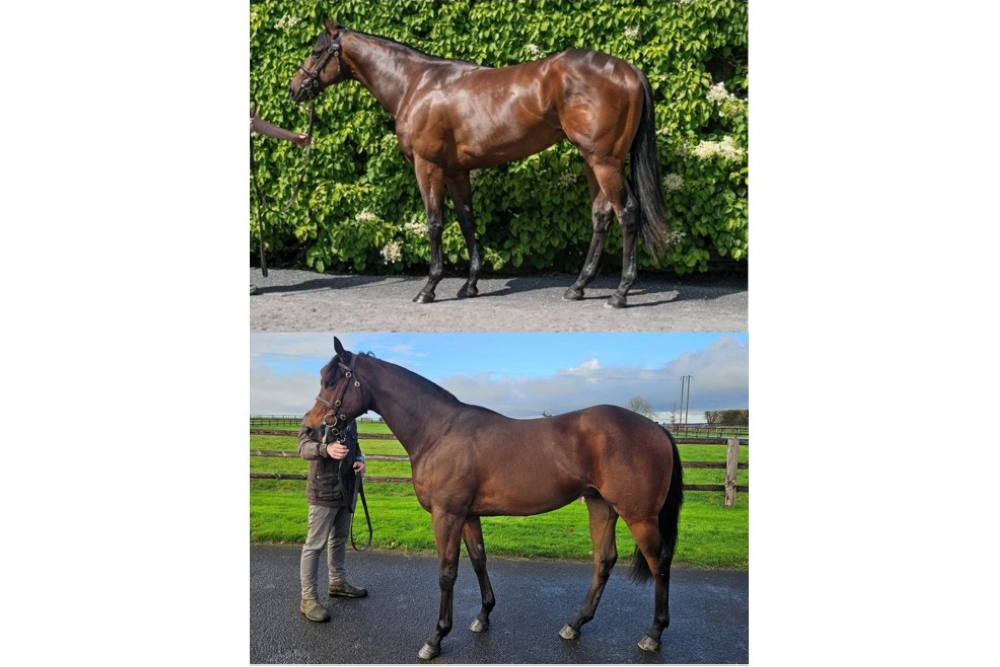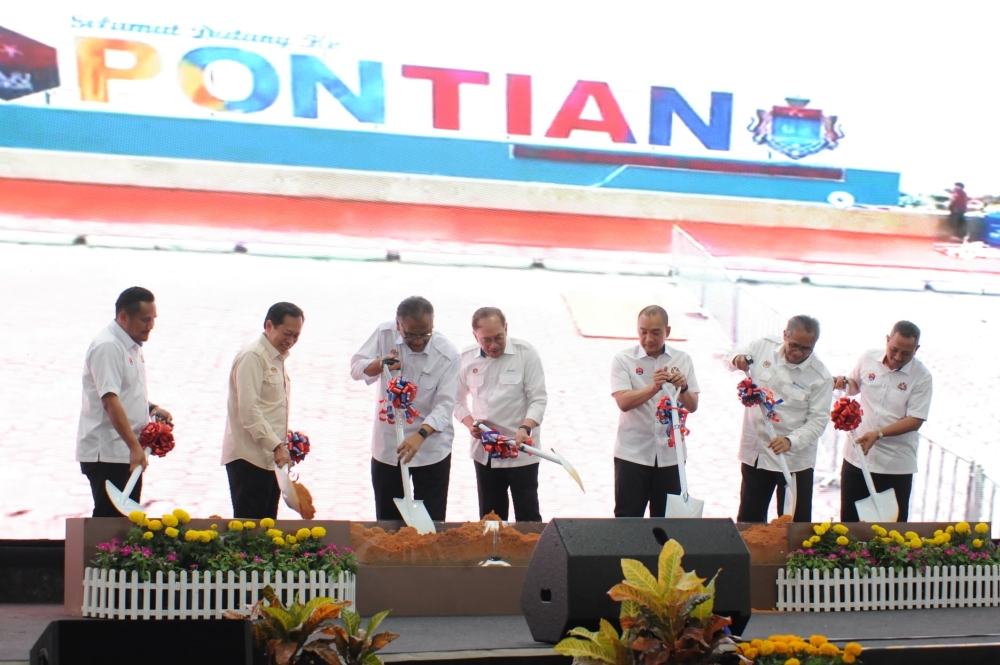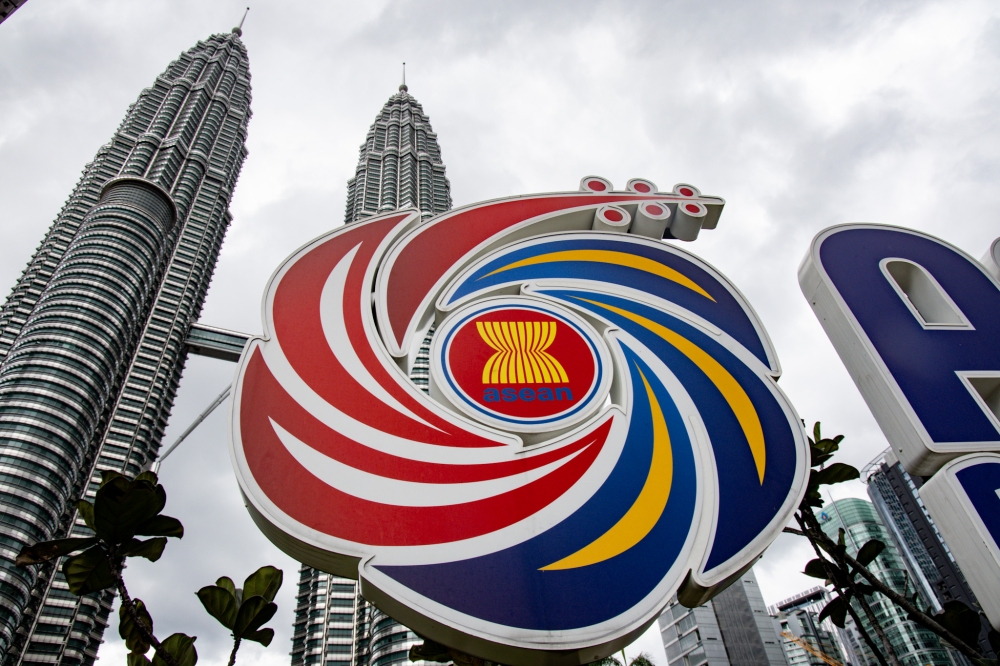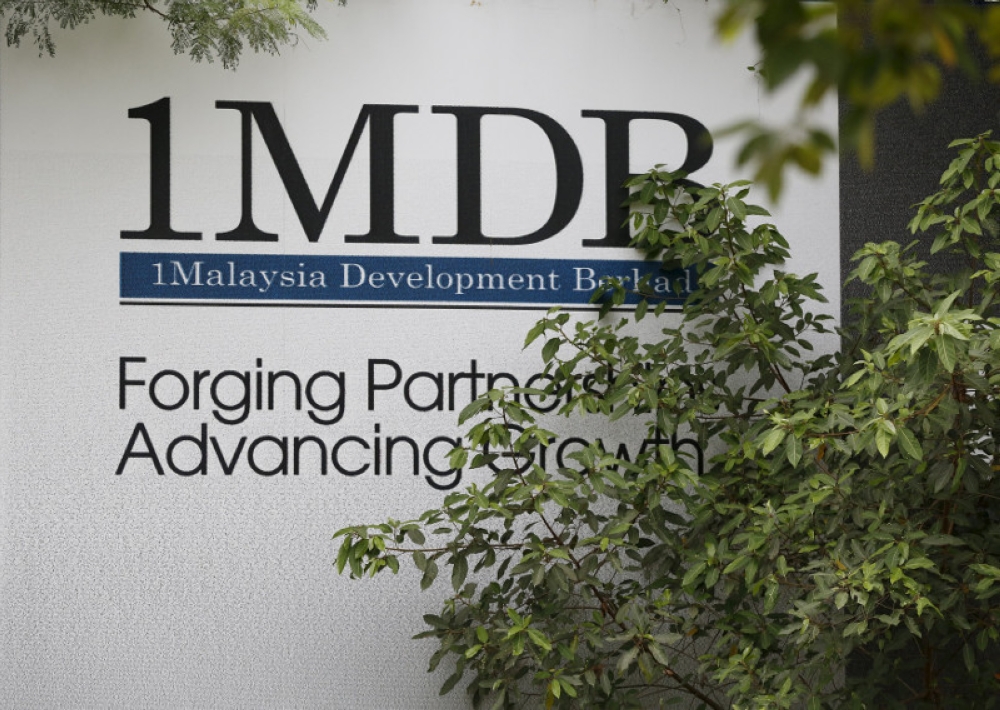SEPT 30 — According to the second World Happiness Report survey released earlier this month, cold and unspectacular Denmark was again ranked the happiest nation in the world. Singapore in 30th place can at least boast of being the happiest in Asia.
 The standard of living in both countries is high. Singapore ranks 4th in gross domestic product per capita; Denmark is 16th. The Republic has 5.4 million inhabitants, slightly fewer than the 5.6 million Danes. However, Denmark has the lowest level of income inequality in the world, whereas Singapore has one of the highest among the advanced economies.
The standard of living in both countries is high. Singapore ranks 4th in gross domestic product per capita; Denmark is 16th. The Republic has 5.4 million inhabitants, slightly fewer than the 5.6 million Danes. However, Denmark has the lowest level of income inequality in the world, whereas Singapore has one of the highest among the advanced economies.
What are the secret ingredients of the Danes’ happiness?
In my journeys to the land of Lego, the Ugly Duckling, the Mermaid and probably the “Best beer in the world”, I have observed a few unique traits that might answer this question.
One, contentment. Danes tend to focus on what they have, not what they don’t have.
They don’t expect to be happier by buying a bigger house or the latest Louis Vuitton. They are happy with their small home and bike. Spending money on socialising with people you care about and creating rich memories is more important to Danes.
Two, Danes believe that everyone deserves equal rights and opportunities. The term Janteloven means “you are not better than me”. From the bus driver to the corporate CEO, everyone takes pride in their work and does not feel inferior.
Practising Janteloven relieves the pressure to acquire more materialistic symbols of success. Danes do not have “Tiger moms” who push their kids to choose professions that seem more respectable or well-paying. This allows many people to make a career out of their passion.
Three, it is an irony that in cold Denmark people are warm and friendly; they will greet you when you establish eye contact.
In tropical Singapore people often look the other way or at their mobile devices. This avoidance deprives them of the emotional health benefits of making social connections.
Four, the welfare system. Denmark has had a strong social safety net that offers peace of mind, so it’s not surprising that stress levels are low. While they pay one of the highest tax rates in the world, the Danes are entitled to free quality education, medical services and elderly care, as well as good unemployment benefits.
Not all is happy on this front, however. Faced with global competition and declining productivity, the nation is now engaged in debate over how many of such entitlements it can continue to afford.
Five, trust. The Danes believe that most people can be trusted. Shopkeepers can display merchandise outside the shop without fear of it being stolen.
To the astonishment of tourists, Danish parents feel secure leaving their child outside the cafe in a carriage while they enjoy pastries and cappuccino inside.
Six, “Hygge”. This is a fundamental aspect of Danish culture which literally means cosiness, but is so much more than that.
It is the art of creating intimacy: Allowing friendship and camaraderie to bloom. It’s about being fully present, connected and content, and involves relaxing with good friends and/or loved ones.
Seven, “Arbejdsglaede”, or happiness at work. The Danes know that being happy in your work has positive benefits for everyone. People expect and take part in making the workplace fun.
Eight, Danes do not work and shop around the clock like we do in Singapore. They make time to get outdoors with nature, pursue hobbies and get involved in associations. On weekends, kids do not go for extra tuition but spend time being involved in the community.
What can the Merlion learn from the Mermaid? It is to be content with what we have, to count our blessings and accept reality. It’s about striving to be the best we can be, but also enjoying the journey along the way without tormenting ourselves on what we could have been or could have done.
The Danes show us that happiness comes from feeling equal, the freedom of choice, being connected, loved and welcome. And that when we give to others, we feel happier.
They tell us to expect Arbejdsglaede and to be part of building happiness at our workplace.
In short, they teach us what research into the science of happiness can confirm — that investing in experiences, giving and relationships rather than material goods makes humans much happier. — Today
* Avi Liran is an economist and the co-founder of the www.ha-p.com “Joy-Care Leadership” programme. He has lived in Singapore since 1992 and has worked with a number of ICT and investment companies, as well as serving as a regional Trade and Tourism Attaché for Israel.
** This is the personal opinion of the writer or publication and does not necessarily represent the views of The Malay Mail Online.





















